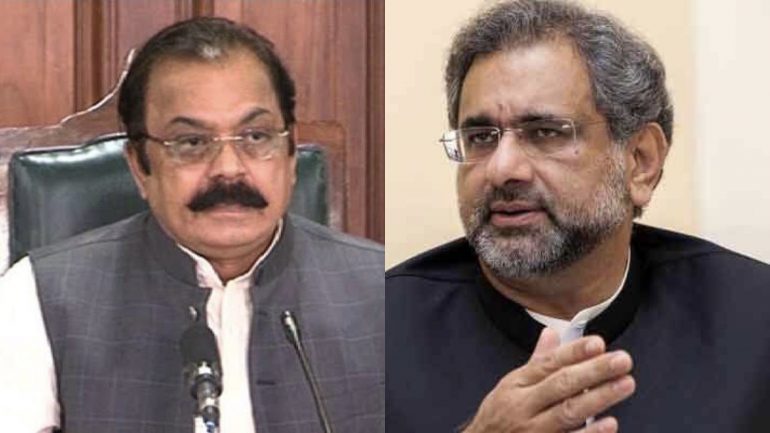A cabinet meeting chaired by Prime Minister Imran Khan discussed the approval of the Anti-Rape Ordinance 2020, declaring it a “big decision” as it was the first time that the definition and dynamics of rape had been broadened to incorporate “transgender” and “gang rapes” in it. The proposed law also prohibits the controversial “two-finger” test by doctors that involve testing for laxity of vaginal muscles with fingers.
According to Information Minister, Shibli Faraz, the ordinances would be finalized in a week.
In a post-cabinet meeting, he further went on to say, “The federal cabinet has approved anti-rape ordinances which change the basic definition of rape and suggest severe punishment for gang rape and hanging of rapists.”
Human Rights Minister, Dr. Shireen Mazari also tweeted about the ordinances and how the necessary amendments had been made in the PPC: The Anti-Rape (Investigation & Trial) Ordinance 2020 and the Pakistan Penal Code (Amendment) Ordinance 2020.
According to Science and Technology Minister, Fawad Chaudhry, the approval of the ordinances was one of the prime achievements of the government as this issue had been the gravestone in the society. He further stated that the ordinances also permitted chemical castration as punishment for habitual rapists.
Another minister said some of the cabinet members called for public hanging of rapists but some others opposed it, including PML-N’s Shahid Khaqan Abbasi, Ahsan Iqbal, Saad Rafiq, and Rana Sana Ullah Khan. In addition to going against the Anti-Rape Ordinance 2020, an official document was released by the National Assembly Secretariat which stated that the PML-N leaders were also disapproving the Criminal Laws (Amendment) Ordinance.
Additionally, Minister of Religious Affairs Noorul Haq Qadri demanded that all rapists should be hanged in public as punishment, after which Law Minister Farogh Naseem stated that public hanging was “un-Islamic” and “unconstitutional”, as described by the Supreme Court.
Prime Minister Imran Khan concluded the topic by suggesting the matter should be sent to the Supreme Court for guidance, after which the verdict would be given.



